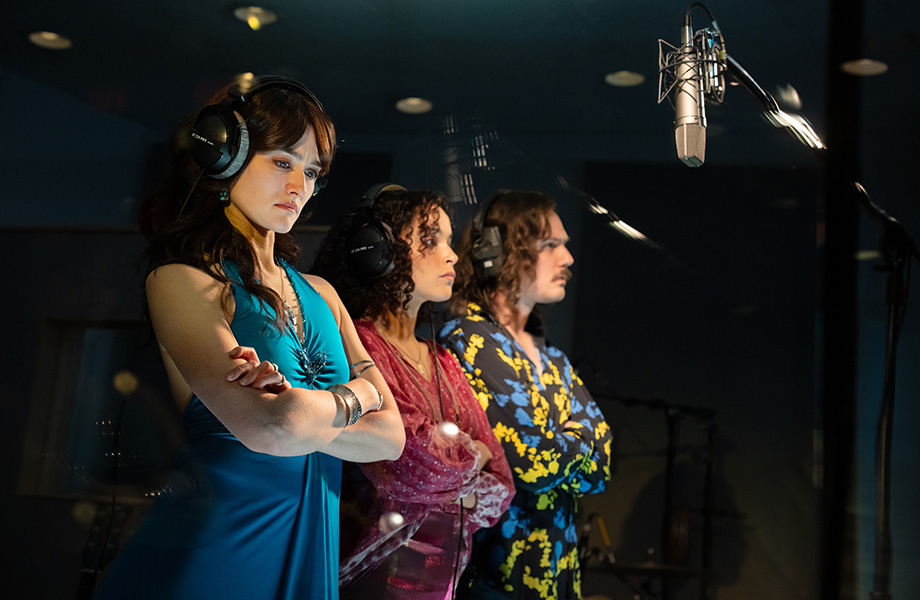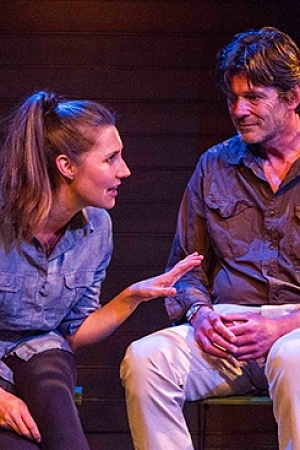Stereophonic

There is a perennial fascination with the nature of creativity – what ignites it, what sustains it, and what, too often, destroys it. In this, creativity might be viewed as analogous to life itself, the consequence of a complex array of often unpredictable connections and influences, its ultimate viability always uncertain. That any individual cell of an idea develops into a fully fledged work of art, let alone one that survives across the centuries, is no less than miraculous.
Continue reading for only $10 per month. Subscribe and gain full access to Australian Book Review. Already a subscriber? Sign in. If you need assistance, feel free to contact us.











Leave a comment
If you are an ABR subscriber, you will need to sign in to post a comment.
If you have forgotten your sign in details, or if you receive an error message when trying to submit your comment, please email your comment (and the name of the article to which it relates) to ABR Comments. We will review your comment and, subject to approval, we will post it under your name.
Please note that all comments must be approved by ABR and comply with our Terms & Conditions.